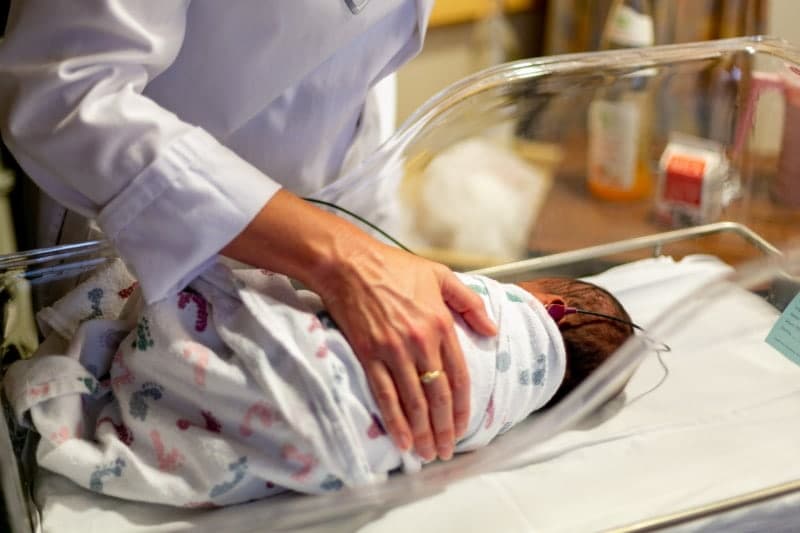Being told you have an ovarian cyst often leaves you with more questions than […]

It is normal to have significant bleeding during and after childbirth, which should reduce over time and stop in about 4-6 weeks. Postpartum haemorrhage is when you have heavy bleeding of 500ml or more after birth. If this happens in the first 24 hours after childbirth, it is considered primary PPH. If this occurs between 24 hours and 12 weeks after childbirth, it is considered secondary PPH.
Many women who experience heavy bleeding after birth do not have risk factors, and vice versa. Some of the risk factors include:
You may feel faint or giddy. Heavy bleeding after birth can happen quickly and is considered an emergency as it may turn potentially life-threatening, so you may have people rushing into your room.
You will need intravenous plugs to draw bloods for tests and to run fluids through a drip. Your temperature, blood pressure, pulse rate and oxygen levels will be monitored closely. Your gynaecologist will check the size and tone of your uterus through your abdomen and vagina, your episiotomy/ vaginal tears, and your placenta to ensure that you do not have any retained placenta bits.
Depending on your condition, you may require:
You may need monitoring in a high-dependency or intensive care unit until you stabilise, after which you will be allowed to eat, drink, move about and breastfeed.
After your bleeding and blood counts stabilise, you will be given either intravenous or oral iron supplements as you will still be anaemic and may feel tired. Your blood count may take 6 weeks or longer to go back to normal levels.
You may experience:
Your gynaecologist will need to take a detailed history and do a pelvic examination. As secondary PPH is usually related to infection or retained placenta bits in your uterus, vaginal swabs will be sent to check for infection, and an ultrasound scan performed to check the thickness of your uterine lining. You may need blood tests.
You will require intravenous antibiotics (this will be changed to oral once you improve). If there is suspicion of retained placenta bits, you will need to undergo a surgical evacuation to wash out the contents inside your uterus.
You do have an increased risk of having PPH in your subsequent deliveries. You should speak to your gynaecologist about it and take oral iron supplements during your pregnancy to ensure your blood count is good and you are not anaemic.
Being told you have an ovarian cyst often leaves you with more questions than […]
Chronic bloating. Lower back pain. Fatigue that lingers even after rest. These are symptoms […]
Many women live with Polycystic Ovary Syndrome (PCOS) without realising fact from fiction. This […]





Aster Gynaecology © | All Rights Reserved.